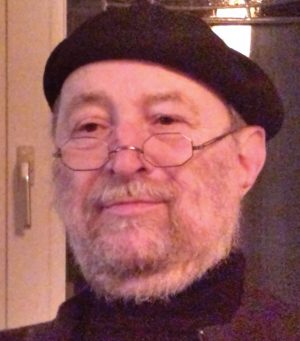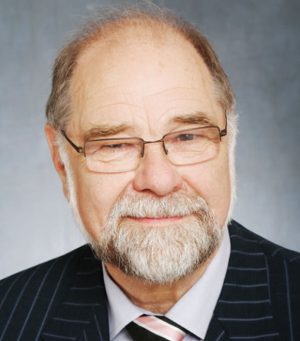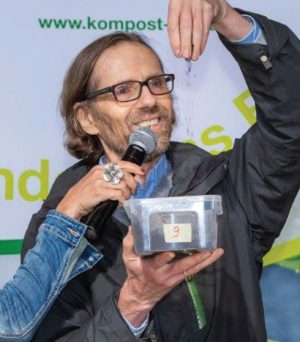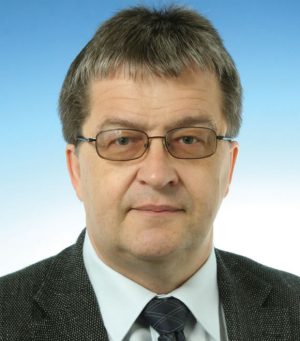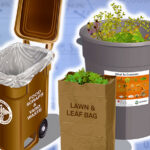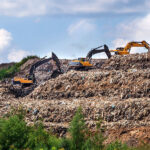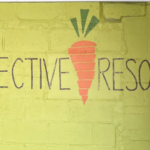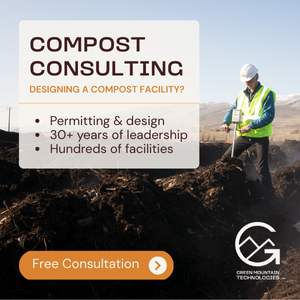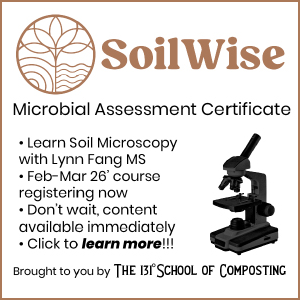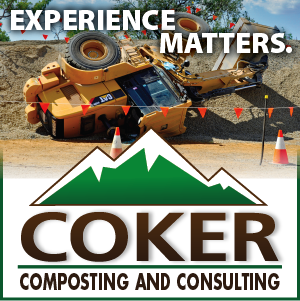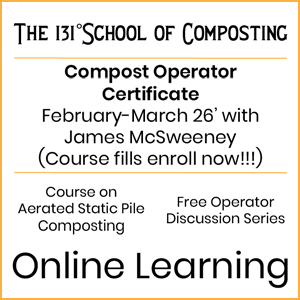Source separated organics collection and composting in Europe, and establishing standards for compost, were pioneered by these BioCycle Trailblazers.
Johannes Biala
BioCycle November/December 2019
First installment of BioCycle Trailblazers (July 2019)
Second installment of BioCycle Trailblazers (August 2019)
Werner Bidlingmaier, PhD
Universities of Stuttgart, Essen and Bauhaus-Weimar

Werner Bidlingmaier started his research career at the University of Stuttgart in biological waste management in 1972. Subsequently he was awarded a professorship for waste management at the University of Essen (1993) before moving to Bauhaus-University in Weimar in the same capacity. One of the first key projects he undertook was development of quality parameters for compost from source separated biowaste. Consequently, he was one of the founding members of the German Compost Quality Assurance Association when it was established in 1989, and served as chairman of the Association’s “compost quality committee” for more than 20 years.
Werner and his colleagues’ approach to compost quality testing and assessment contributed significantly to the development and establishment of compost quality criteria and standards in other European countries and beyond, and provided a sound basis for the current European Compost Quality Assurance Scheme developed by the European Compost Network (ECN). He also was a founding member of ECN in 2002 and its inaugural chairman. (Initially, ECN was part of ORBIT, Organic Recovery and Biological Treatment.)
Extensive research and lecturing over his career covered the biological waste management sector (composting, anaerobic digestion, mechanical biological treatment; biological and chemical parameters that define end product quality) and compostability of bioplastics. He was also very interested in gaseous emissions from biological treatment of organic residues, creating a large database on odor emissions from composting and highlighting methods and technologies to reduce odor production from windrows.
Over the years, Werner developed an interest in, and contributed markedly to, improving waste management in developing countries. This included projects in over 45 countries, giving lectures at more than 20 universities and publishing more than 180 books and papers. Although Werner officially retired in 2011, he now lectures at the University of Padova, Italy, on waste management in less economically developed countries.
Hardy Vogtmann, PhD
The Biobin And Its Children
It is more than 35 years ago that a student project in Germany set out to change waste management and resource recovery around the world. It was 1982 in Witzenhausen, a small rural town in northern Germany that hosted the University of Kassel’s agricultural faculty, where, for the first time ever, the large-scale separate collection and subsequent composting of residential food and garden residues was trialled and pioneered. The main proponent of the idea and project was Professor Hardy Vogtmann, who had not long before taken up the first ever professorship for organic agriculture at the University of Kassel — the first of its kind in Europe, and perhaps the world. With background in organic and ecological agriculture, it was only natural for Prof. Vogtmann to seek ways to integrate agriculture and food production into a circular economy in which residential, municipal and commercial organic residues are returned into agricultural production systems, and nutrient and carbon cycles are closed.
The initial pilot project — “Green Waste Bin Witzenhausen” (1982–85) and the subsequent R&D project‚ “Collection and Composting of Source Separated Organic Residues in Witzenhausen” (1985-89) — broke new ground on many fronts. It established the fundamentals of biowaste collection and composting systems, as well as beneficial use of generated compost products. Although this initiative was at first often described as “loony” and dismissed as “green nonsense,” it proved to be successful not only in Witzenhausen and in Germany, but also in many countries and communities around the world.
The 35th anniversary of the “invention” of the biobin prompted Prof. Vogtmann and his former students to write a book about these early years. They looked back at the many hurdles that had to be overcome, and acknowledge the tremendous support received from Heinz Fehr GmbH, the local waste management company, some politicians, and the many students who worked enthusiastically to answer the multitude of questions that arise when one attempts to invent, test and establish a new system for collecting, composting and utilizing source separated biowaste.
The book, 30 Jahre Biotonne Witzenhausen, due to be published next year, presents both an account of the Witzenhausen Biobin projects that helped pave the way for today’s concept of the Circular Economy for Organics, and the human and professional legacy the project created. Today, some 30 years after completion of the Witzenhausen biobin projects, most former students who were the “movers and shakers” in the early days still work in the realm of organics management, including the author of these profiles! Over time, Prof. Vogtmann realized that scientific results alone — without adequate political and government support — cannot change the world. He left the university and took up a position as Director of the German Federal Agency for Nature Conservation.
Florian Amlinger
Compost-Consulting & Development, Austria
Florian Amlinger, a consulting engineer since 1986, has carried out numerous applied research projects, focusing on optimizing composting of organic residues; defining compost quality, e.g., separating what are nutrients and pollutants in compost; best management practices for compost utilization; and source separation and composting of biowaste (garden and food organics) in rural, decentralized schemes. These involved farmers and the agricultural sector via on-farm composting, hence elevating farmers in the organics recycling supply chain, and offering them a business opportunity.
He has published numerous studies, guidelines and handbooks, coordinated the technical background papers for the end-of waste criteria for compost in the European Union (EU) and also the “best available technology” (BAT) manual for design and operation of composting plants in Austria. Between 2012 and 2015, he led EU-funded projects for the Bulgarian Ministry of Environment and Water, helping establish the strategic and legal framework for biowaste management in that country.
Nowadays, Florian supports countries like Albania and Greece to implement a proper strategic framework for establishing separate organics collection and composting schemes. In recognition of his ongoing work around the globe, he was recently awarded the “KompOskar – Milestone” by the Austrian Compost and Biogas Association.
Like Prof. Bidlingmaier and Josef Barth, Florian was a founding member of ECN and served on the board for 17 years. He was chair of the ECN Working Group, “European Policies,” and was one of the key drivers for the ECN’s Quality Assurance Scheme. More recently, he was deeply involved in the technical working groups that developed the BAT for composting plants under the European Industrial Emissions Directive, always advocating organics recycling and composting schemes that allow generation of high quality products that advance humus generation and improvement of soil properties and fertility — which is where his real passion lies!
Josef Barth
INFORMA
Josef Barth is director at INFORMA compost consultants in Oelde, Germany, and has been an international expert in the field of organic waste treatment, compost quality management and marketing for 30 years. In 1989, he became involved in the Germany Compost Quality Assurance Organisation (BGK) during its implementation period. Later, as part of the founding team of the European Compost Network (ECN), Josef served as its Executive Director for 10 years.
Transferring knowledge, best practice experiences, and policy approaches for sustainable organic waste management within Europe and around the world was a cornerstone and mission that he carried out on behalf of ECN. Knowledge transfer took the form of studies, lectures and conferences reflecting the up-to-date European biowaste management situation in 25 countries.
Johannes Biala is Director of the Centre for Recycling of Organic Waste and Nutrients (CROWN) at the University of Queensland in Gatton, Australia.



